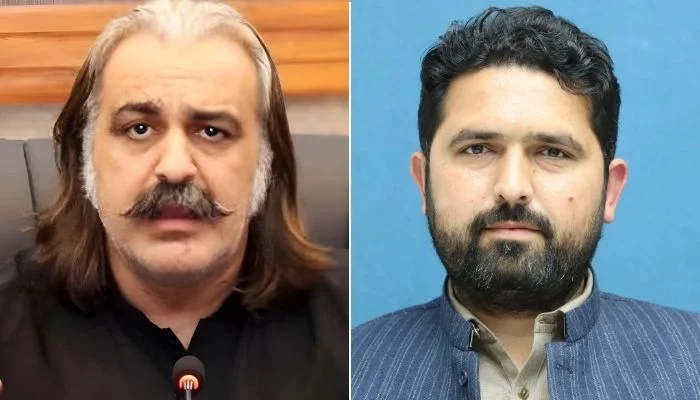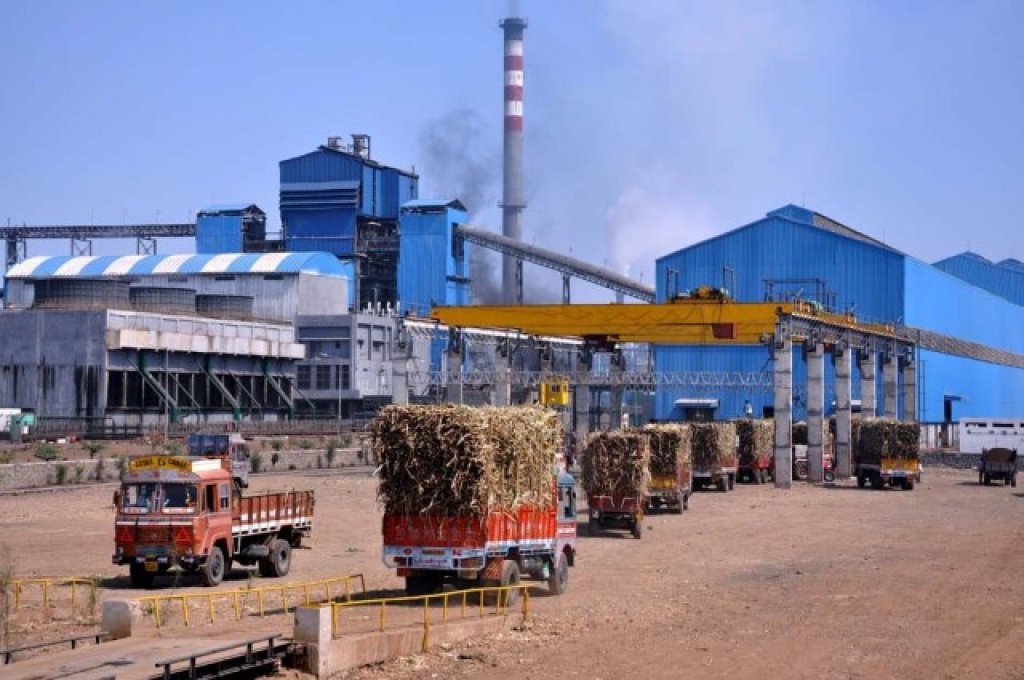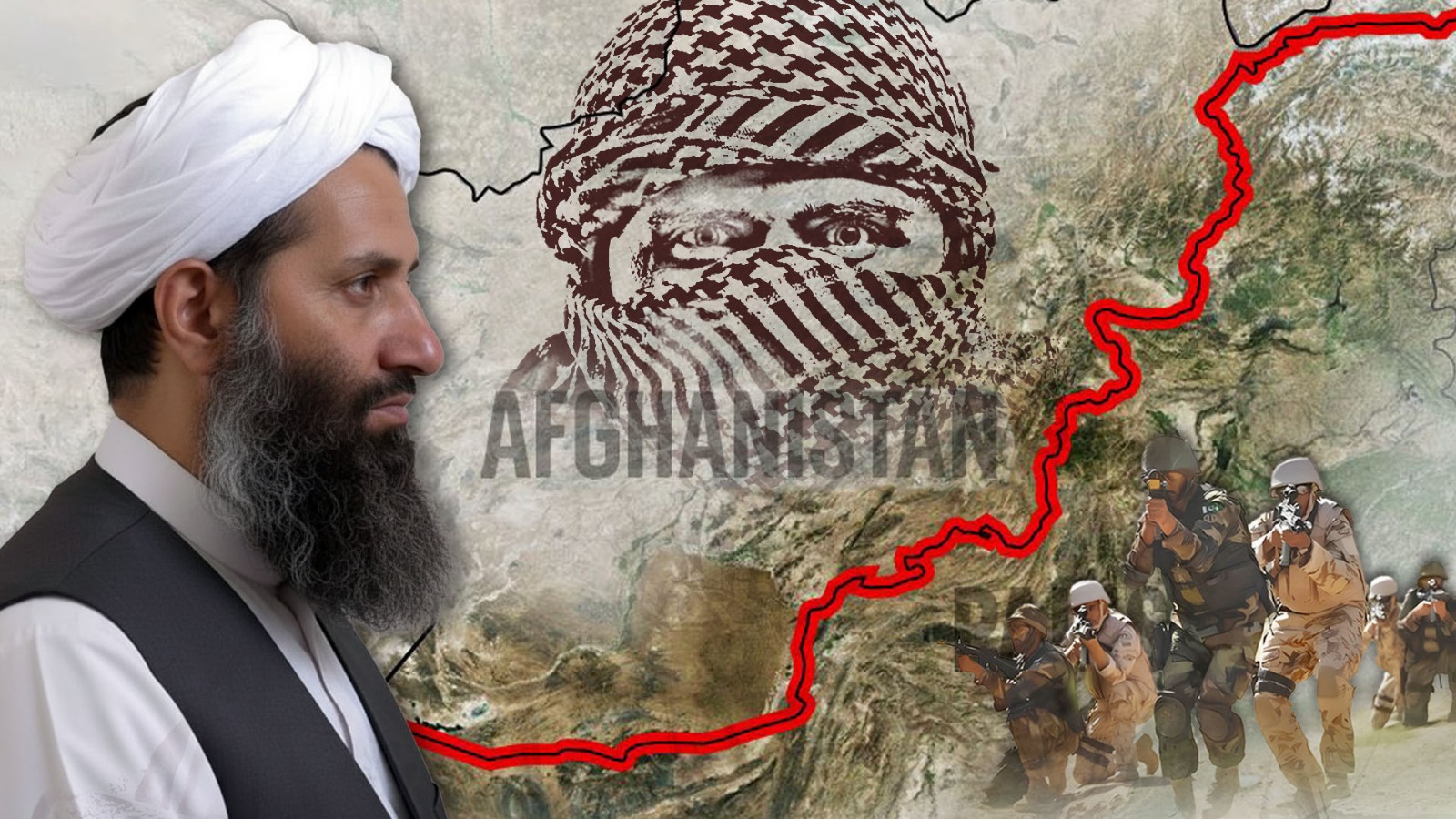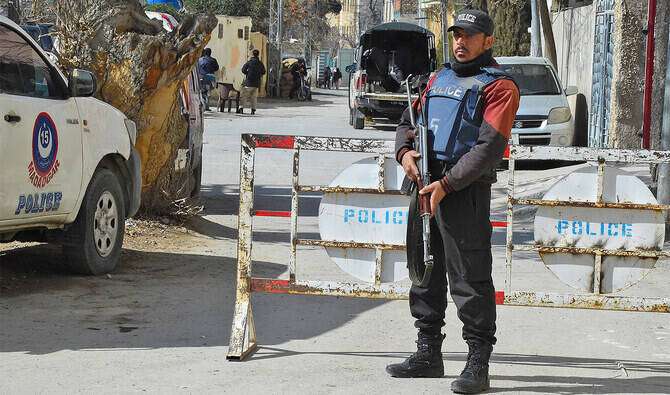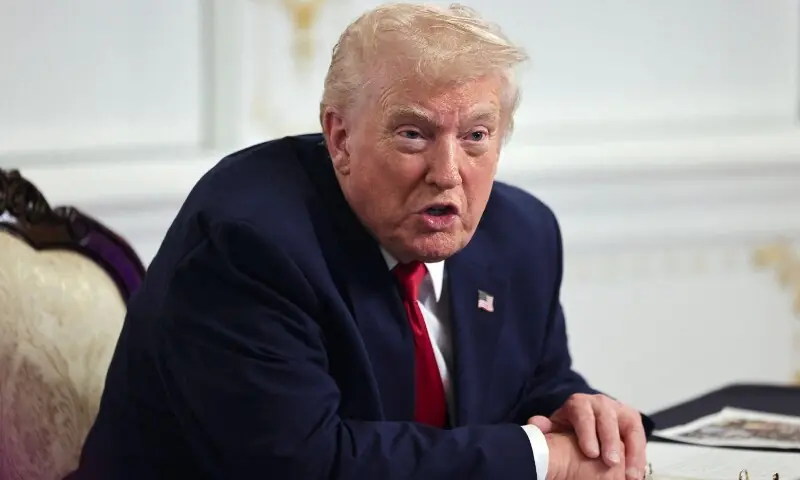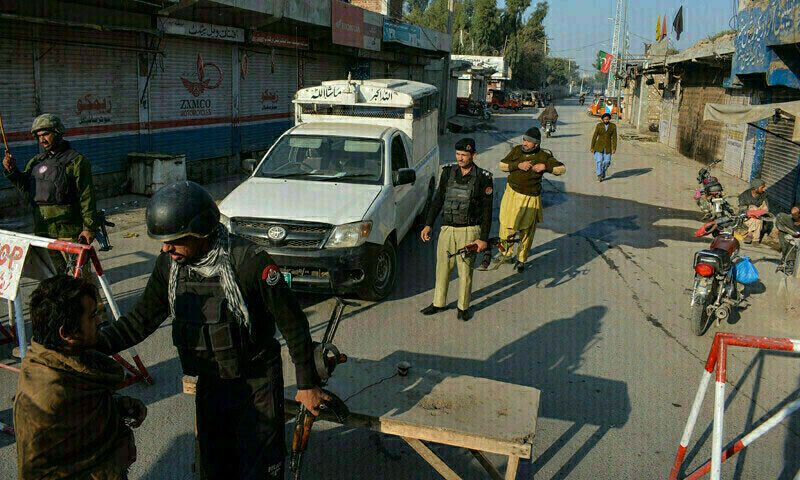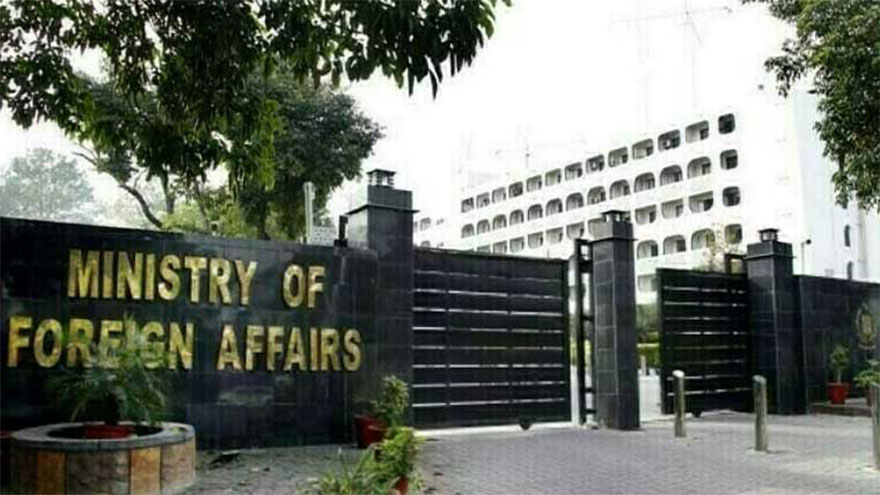Internal differences within the Pakistan Tehreek-e-Insaf (PTI) are nothing new, but the party is now preparing to elect a new Chief Minister to replace Ali Amin Gandapur at a time when both the federal government and the establishment have reportedly shown indirect disapproval of the nominated candidate.
“The provincial government that opposes counter terrorism operations is unacceptable to me,” said DG ISPR Lieutenant General Ahmed Sharif Chaudhry, in remarks widely seen as reflecting the establishment’s stance on Sohail Afridi, the nominated Chief Minister. The PTI leadership and the Speaker of the Khyber Pakhtunkhwa Assembly have called a session of the provincial assembly to conduct the vote for Afridi’s election.
Sohail Afridi, known for his hardline position against military operations in the province, is said to be Imran Khan’s top choice for the Chief Minister’s post. However, even before his election, Afridi faces the major challenge of gaining political and institutional confidence. This challenge extends beyond the formal process of being elected—it reflects a broader administrative and political crisis that has gripped the province.
The legacy of poor governance, along with deep internal rifts between PTI’s provincial and national leadership, has left behind a heavy burden for Afridi—one that former Chief Minister Ali Amin Gandapur could not overcome. Afridi will now have to not only restore effective governance and unite the party’s leadership, but also win the trust of the establishment.
Whether Sohail Afridi will perform like Gandapur or deliver better results remains to be seen. But before that, he faces a procedural challenge in securing his election—even if the PTI already has the numbers in the assembly.
Hotting Up Pak-Afghan Border: A New Headache for the New Chief Minister
The timing of Sohail Afridi’s possible appointment is particularly significant. He is expected to take charge at a time when tensions with Afghanistan are escalating, and the border situation has become increasingly volatile. Following attacks on Pakistani border posts by Afghan forces, Pakistan launched strong retaliatory strikes, forcing Afghanistan to face the consequences of its actions.
As Chief Minister, Afridi will need to ensure effective coordination with the military leadership and support for border communities affected by the growing hostilities. Close civil-military cooperation will be essential to deal with this new security challenge.
Ali Amin Gandapur’s Resignation: Mystery Remains
Meanwhile, controversy surrounds the acceptance of Ali Amin Gandapur’s resignation. Opposition parties have raised questions about the legality of electing a new Chief Minister before the Governor officially accepts Gandapur’s resignation.
Maulana Lutfur Rehman, parliamentary leader of JUI-F and a candidate for Chief Minister, said that since the Governor has not yet approved the resignation, the election process is unconstitutional. However, he added that the opposition reserves its democratic right to field a joint candidate.
PML-N leader and federal minister Ameer Muqam also voiced similar objections, questioning how a new Chief Minister can be elected while the previous one’s resignation remains unapproved.
New Chief Minister: Numbers Game Favors PTI
In the 145-member Khyber Pakhtunkhwa Assembly, the Pakistan Tehreek-e-Insaf (PTI), along with its ally Sunni Ittehad Council, currently enjoys the support of 92 members. Although this falls slightly short of a two-thirds majority, it is more than enough to secure the 73 votes required to elect a new Chief Minister.
On the other hand, the opposition parties together hold 53 seats, meaning they would need at least 20 additional votes to elect their own candidate — a difficult task given the current numbers.
Opposition Yet to Finalize a Joint Candidate
The opposition parties are still holding discussions to field a joint candidate for the Chief Minister’s election. However, no consensus has been reached so far on a single name.
Meanwhile, Sohail Afridi has been nominated by PTI, Sardar Shah Jehan Yousaf by the Pakistan Muslim League-Nawaz (PML-N), Maulana Lutfur Rehman by the Jamiat Ulema-e-Islam-Fazl (JUI-F), and Arbab Zarak by the Pakistan Peoples Party (PPP).
The Awami National Party (ANP), however, has not submitted nomination papers and has announced that it will not take part in the Chief Minister’s election.

